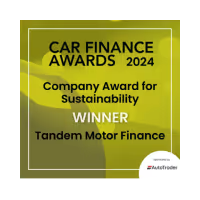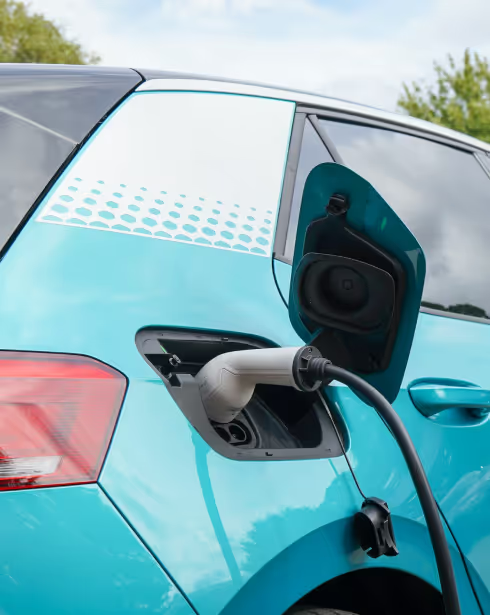An essential benefit of buying a car through a car retailer is that consumers automatically benefit from supportive legislation if they experience difficulty with their purchase, especially if problems arise in the first six months after the purchase.
While legislation can help, car buyers must recognise that they have responsibilities to maintain their cars correctly and that legislation does not cover all eventualities.
Below, we summarise key areas of legislation and an overview of some areas of responsibility that rest with car owners.
The Consumer Rights Act 2015
Under the Consumer Rights Act, when buying anew or used vehicle from a car retailer or possibly a regulated broker, customers have the right to know that the vehicle is of satisfactory quality, fit for purpose and as described. When considering satisfactory quality, a car must not be faulty or broken when purchased, and it must be of a standard that a reasonable person would expect, considering its age and mileage. Older used cars with more miles on the clock are not expected to be as good as newer ones with lower mileage.
Consumer rights in brief;
- Within the first 30 days, if a car doesn’t meet the required standards, develops a serious fault, or isn’t supplied as advertised, consumers can raise their concerns with the supplying retailer and ask for their money back or have their finance agreement unwound.
- After the first 30 days and up to the first six months following a car purchase, it’s up to the selling retailer to prove that it was of satisfactory quality, fit for purpose and as described when it was sold. During this period, the customer must allow the retailer an opportunity to repair or replace the car.
- After six months or more, the customer must prove that the car was not of satisfactory quality, unfit for purpose or not as described when purchased.
The Motor Ombudsman is a source of helpful information on the subject, which can be accessed here.
The Consumer Credit Act 1974
Under the Consumer Credit Act1974, consumers with a Hire Purchase agreement for their car can benefit from additional support from their lender if, after purchase, their car falls short in terms of satisfactory quality, given its age and mileage at the time of purchase.
If the quality threshold is not met, and subject to the customer ensuring that they have serviced and maintained the car correctly and not used it inappropriately, as detailed in the agreement’s terms and conditions, for example, racing it or using it as a taxi/hire car, then the lender is obliged to make sure that the car is made good or offer to unwind the original agreement.
This benefit is unavailable to people buying a car through a personal loan or cash.
Important Information for Customers
Consumers need to be aware that while the Consumer Rights Act 2015 and the Consumer Credit Act provide a level of support and reassurance for consumers purchasing a car from a retailer or potentially a broker, they have a role to play in gaining the benefits from them and also understand that there are limitations under the protection, for example;
- Protection does not extend to a change of heart after making a purchase;
- A car’s age, condition and mileage at the point of purchase have a bearing on ‘satisfactory quality’; for used cars, every vehicle will have a level of wear and tear;
- Customers must ensure that the car is serviced and maintained to manufacturer standards;
- Undertaking regular checks on essential maintenance requirements such as oil and coolant levels is always recommended;
- Wear and tear and incidents such as tyre punctures/pothole damage are not covered;
- Never ignore warning lights displayed by a car or a loss of power if a car goes into ‘Limp Mode ’, which is designed to protect the car from possible damage while enabling it to limp to a place of repair or a safe stopping point. If possible, check the oil and coolant levels and any apparent signs of wiring damage or leaking fluids under the car if it is safe to do so, or seek qualified mechanical support as soon as possible. A car that has gone into limp mode should not be driven excessively until the source of the problem is identified and resolved.
- Customers should always seek authority from the supplying retailer or lender before paying a third-party garage for repairs if they hope to have such costs refunded.
We hope that this helps.































